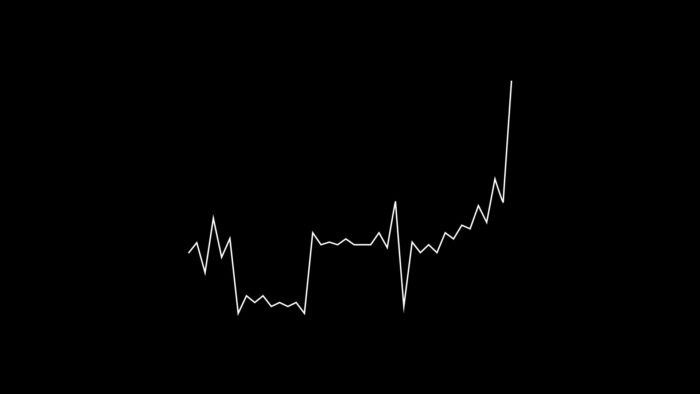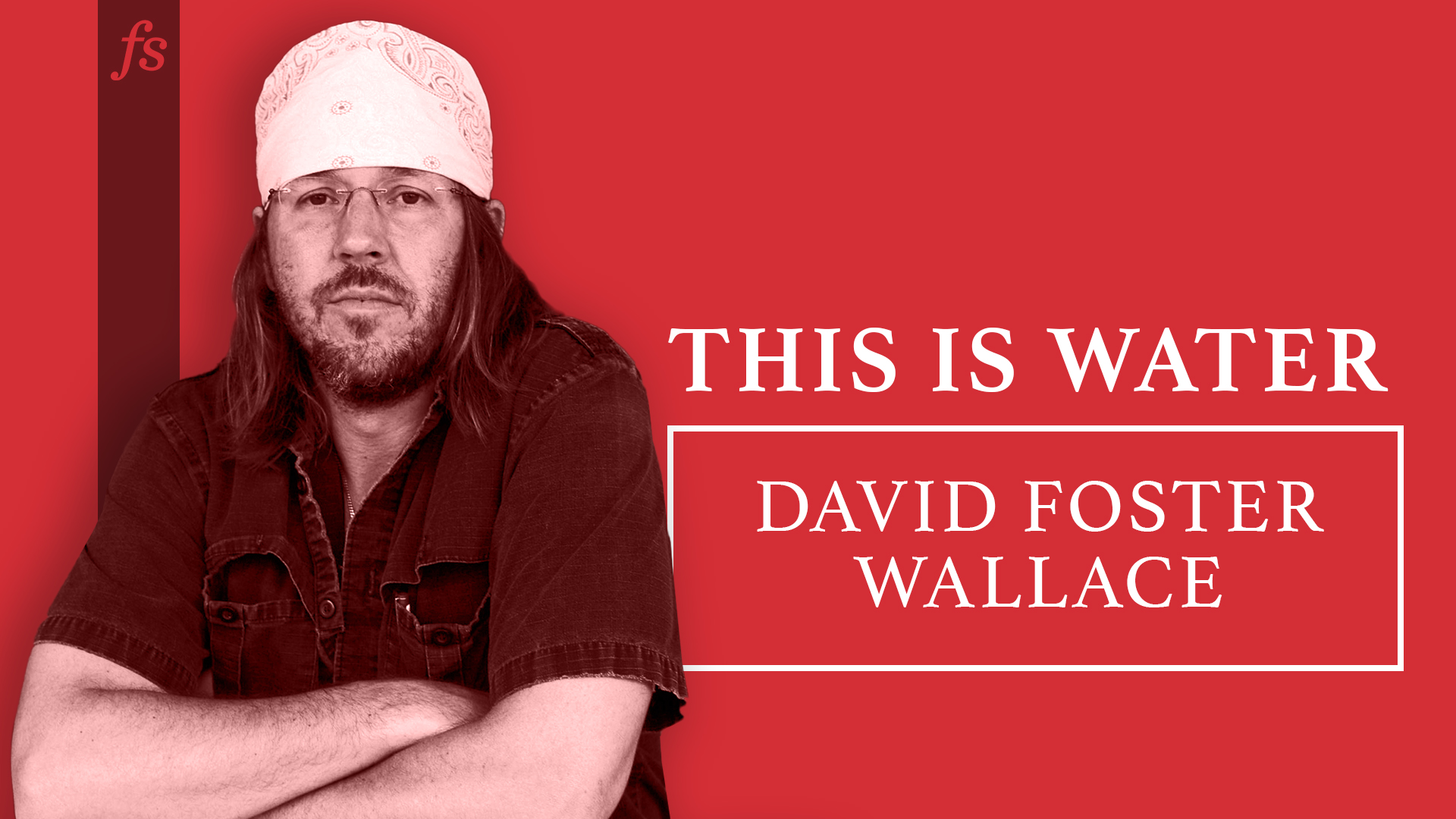The world is more polarised and people are more conflated about their identities. This has been followed by an endless series of finger-pointing, scaled division in society and in some way the rise in the confidence disease as Shakespeare put it “the fool doth think he knows what he does not know.” I was reflecting on this when I remembered the wisdom of Marcus Aurelius, the last good emperor of the Roman Empire.
In a scene in Gladiator, and in what would be the last scene for the good emperor Aurelius, Commodus was seen lamenting how he doesn’t possess the fundamental virtues his father has told him were important for anyone who will fill his shoes. The virtues were wisdom, justice, fortitude and temperance.
“As I read the list, I knew I had none of them. But I have other virtues, Father. Ambition. That can be a virtue when it drives us to excel. Resourcefulness, courage, perhaps not on the battlefield, but… there are many forms of courage. Devotion, to my family and to you. But none of my virtues was on your list…” – Commodus
What shall we make of the son who grew up with a father who was in no doubt clear about what was required? But still, he failed to build and develop in the right way. But I digress with that. This isn’t about Commodus and his failures as much as it is about what kind of virtues are required to lead the zen (for lack of a better word) life in today’s conflated world.
Initially, I believed that the four values of Marcus Aurelius would suffice, but I was mistaken. In our modern world, we require different virtues, just as the old and new Testaments of the Bible have different virtues. Upon examining my life, I considered the factors that have kept me away from trouble, helped me form strong and long-lasting relationships, set a good example, and provided me with peace. As a result, I have compiled a list of seven virtues that I find essential.
Fundamental virtues that guide me
Responsibility, Self-awareness, Temperance, Wisdom, Fortitude, Love and Curiosity
Responsibility
“There is an expiry date on blaming your parents for steering you in the wrong direction; the moment you are old enough to take the wheel, responsibility lies with you.”J K Rowling said in a 2008 Harvard speech. Many years ago this was the first lesson that set me on the right trajectory in my life. I read in a book the meaning of the statement above and decided from then that I would take responsibility for everything in my life, good or bad. I was the architect and there is no one to blame or hold responsible. I remember defining it then from a perspective of money and I told myself “The only set of people I believed I could expect money from were my mother and father. Anything outside of that is not to be expected.” Invariably it meant I must learn to live within what they gave me and never have to look at an uncle, aunt friend etc with a bad eye for not extending cash to me. I was right. But beyond that narrow definition, I took virtue seriously ever since and it has helped me to lead a happy and fulfilling life.
Self-awareness
“With self-awareness, you triumph over trivialities.” For a world conflated about its identity and constantly burdened by trivialities and innuendos rising from a ‘lack of backbone’, those with great self-awareness arm themselves with a shield that’s not easily broken. We need to spend more time with ourselves. How much of yourself do you know? When you are angry, why are you angry? When you comment silly things on SM, why do you do it? When you argue endlessly, why do you do it? When you love what some hate and hate what some love, why is that? When you are riled up because some strangers assume an identity for you, why is that? Do you know thyself? “You must not fool yourself, and you are the easiest person to fool.” Richard Feynman
Temperance
“Eat not to dullness; drink not to elevation” – Ben Franklin. Increasingly, the virtue of moderation or call it self-restraint is becoming an important one in our world more than ever before. We are a world that doesn’t know when to pause or even hit the stop button. We do and overdo. We need to be temperate to control our emotions and live a more balanced life. I used to pray a prayer that I have taken as one of the most important prayers: “Give us the grace to let go of details that won’t matter in a decade and the wherewithal to make the most of the moments whose memories will endure beyond decades.” Think about this.
Wisdom
“Wisdom is the principal thing; therefore get wisdom: and with all thy getting, get understanding” – Proverbs 4:7. For the most knowledgeable, the world is complex enough and extremely difficult to navigate (see the words of King Solomon in Ecclesiastes). What about you? Yes, you, with no apparent wisdom to make sense of the world around you. Can you see that the news that you read is driven by some incentives? Can you see that the division around you is to some people’s advantage? Can you see that the seeming peace was traded for freedom? Wisdom amidst all of these helps you to be rightly placed and to avoid trivialities.
Fortitude
“No good story is without failure. May we have the fortitude to stand failure.” I genuinely feel like the quote and the image is enough to drive home the importance of this message. So I will link one of my conversations on Twitter here if you want more.

Love
“…On these two commandments hang all the law and the prophets.” Which two commandments? “Love God and love your neighbour as yourself.” The world has always needed love and it still does. It’s one of those things that is universally agreed. Of course, the degree of love that each ‘divides’ of the society subscribes to differs. But I am not aware of those with a zero-love philosophy. And I agree that you may not love equally universally. But have you experimented with your home… If you loved your wife unconditionally and gave yourself to her, what kind of home would you have today? If you loved your husband with all their faults, what kind of home would you have? If you operated with this principle, how would your comments on SM read differently?
Curiosity
We live in a constantly evolving world and the rate of change in our generation is so much that if we are not careful, we get lost and forget change is happening or worse we get overwhelmed by the change. Curiosity is how you grow, learn and evolve.
This is not a blueprint for a perfect life. Rather they are virtues that I have cultivated over the years that have helped me love my life. And I thought by sharing it you also could pick a thing or two and eventually lead you to love your life. In 2020, I read the Autobiography of Benjamin Franklin. In the course of his life, he identifies 13 virtues that he wanted to live by. I was driven to also live by these virtues after reading them. But Ben Franklin is brilliant. He said, “A perfect character might be attended with the inconvenience of being envied and hated; and that a benevolent man should allow a few faults in himself, to keep his friends in countenance.” I share this to highlight how good your life can become when you choose to live by a set of virtues. Your life could be so good that you will become hated for being faultless.









